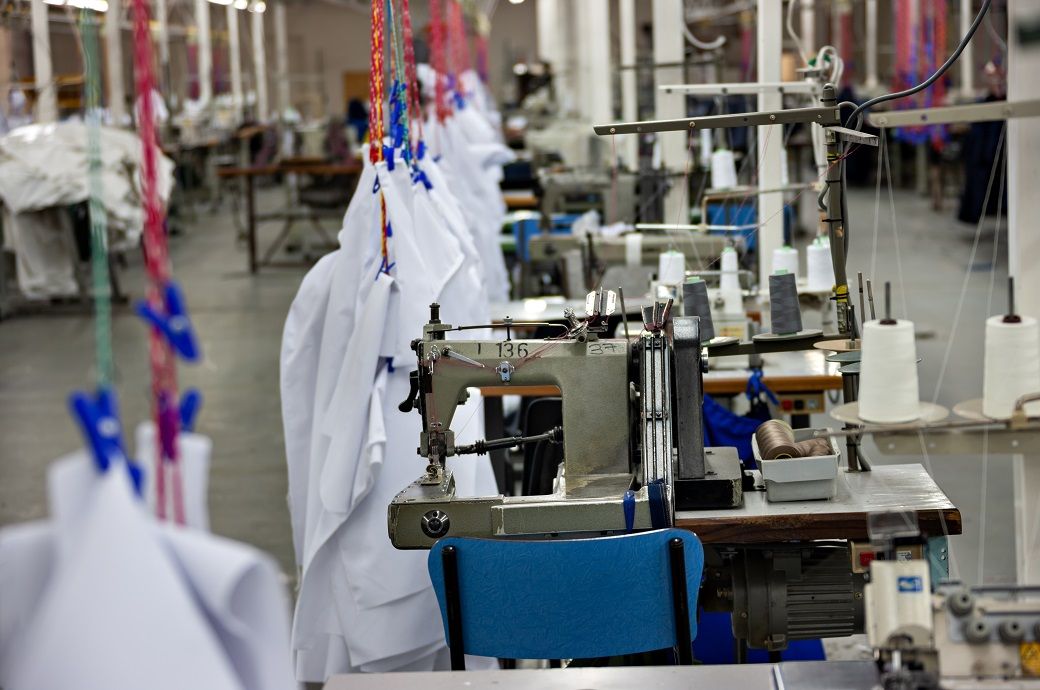
Without AGOA’s preferential treatment, the 32 countries that received preferences until September 2025 would face a second wave of tariff increases as country-specific and sectoral tariffs would be added on top of most-favoured nation (MFN) rates, instead of the current preferential treatment under AGOA.
If AGOA is not renewed, nine African countries will face an average US tariff of 15 per cent or more—up from just three today, UNCTAD noted.
Small exporting countries specialising in apparel and agricultural products would be among the most affected, with average trade-weighted tariffs doubling to 20 per cent or higher. Such countries include Lesotho, Kenya, Cabo Verde, Madagascar and Tanzania.
This would imply that African exports to the United States could face higher tariffs than those from many developed countries. As such, it would be at odds with the commitment to support developing countries’ integration into the global market, UNCTAD said in a recent note.
The recent expiry of the AGOA scheme would threaten export diversification and industrialisation across the continent. The case of Madagascar—whose AGOA eligibility was suspended between 2009 and 2015 following a coup—illustrates the risks involved.
In a country like Lesotho, for instance, approximately one third of exports are tied to AGOA, predominantly in the apparel sector, which employs between 30,000 and 40,000 workers, primarily women.
Due to varying tariff rates and exceptions for sensitive raw materials, African exports of agricultural goods and manufactured products would be subject to tariffs that are two-to-three times higher than those applied on fuels and minerals, UNCTAD added.
ALCHEMPro News Desk (DS)
Receive daily prices and market insights straight to your inbox. Subscribe to AlchemPro Weekly!